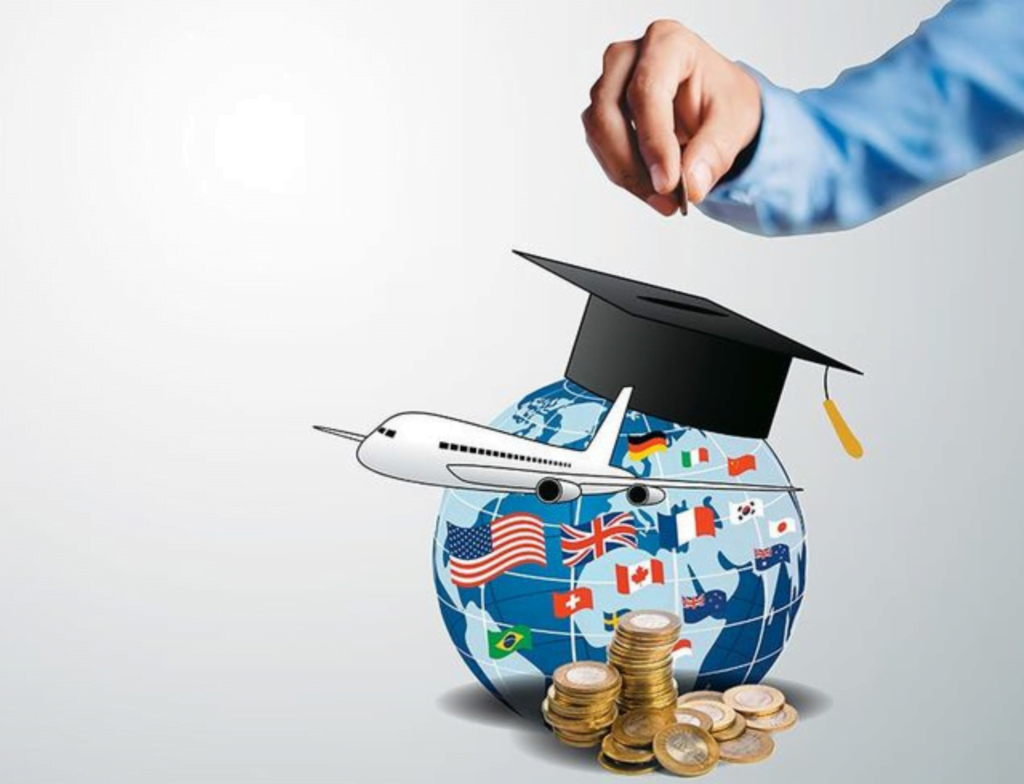The Indian rich have a high demand for overseas education, and most of them can afford to go ahead and waste savings on their children’s higher education abroad. According to a survey commissioned by HSBC for its Global Quality of Life 2024 report, more than three quarters of affluent Indian parents either plan or have planned their children for higher education abroad. This survey, conducted amongst 1,456 Indians with an investable surplus between Rs 84 lakh and Rs 17 crore, underscores the fact that international education remains the most preferred notwithstanding financial pressure.
While a growing price for international education is increasingly becoming unaffordable for Indian parents, “the average annual cost of educating a child overseas stands at USD 62,364, or a whopping Rs 52 lakh per annum. This may consume up to 64% of parents’ retirement savings income, thus putting significant pressure on families. In order to finance their children’s education, parents are forced to use general savings, borrow money, or sell off valuable assets. Despite the financial load, parents do not think it is a bad investment in pursuit of quality education, whatever the sacrifice may be.
The United States continues to be the top destination among Indian students, followed by the United Kingdom, Canada, Australia, and Singapore. The reasons being, of course, better quality education, international exposure, and good facilities for specialisation in many streams.
Primary Reasons Behind Choosing Overseas Education
One of the reasons was that the quality of education sought abroad is perceived to be much better compared to what the local institutions are able to offer. This international exposure, most parents feel, will no doubt provide their children with better academic opportunities, global perception, and competitiveness in job prospects. Another driving factor is being able to specialise in a niche that may be available but not readily accessible in Indian institutions.
It also emerges from the survey that parents see overseas education as a stepping stone to a wider career. Often, studying in a foreign country opens doors for multinational companies to come in for internships, networking, and work experience, thereby improving the overall career prospects of their children.
Financial and emotional concerns for Indian parents
While quality is the main theme for sending children abroad, financial concerns rank high in the list of Indian parents. According to the survey, the expensive cost of overseas education is a major cause of anxiety, followed by social and mental health. Many a time, parents are concerned about how their child will fare abroad, adapt to the new culture, and keep them safe.
These concerns notwithstanding, the urge to give their children the best education and opportunities makes many Indian families bold in taking big financial steps forward. For some, that may mean postponing retirement or scaling down their personal financial goals just so their children get a top-class education abroad.
Conclusion: The Juggling Act for Indian Families
This, in fact, is a very good reflection of how Indian families view overseas education as a means of investing in the future of their children. Though the financial sacrifices involved are great, many parents feel that the benefits accrued—whether quality education or better career prospects—are well worth the price. Thus, the increasingly large number of Indian families resorting to foreign institutions for higher education would need to balance their financial future with aspirations pertaining to their children’s success.





